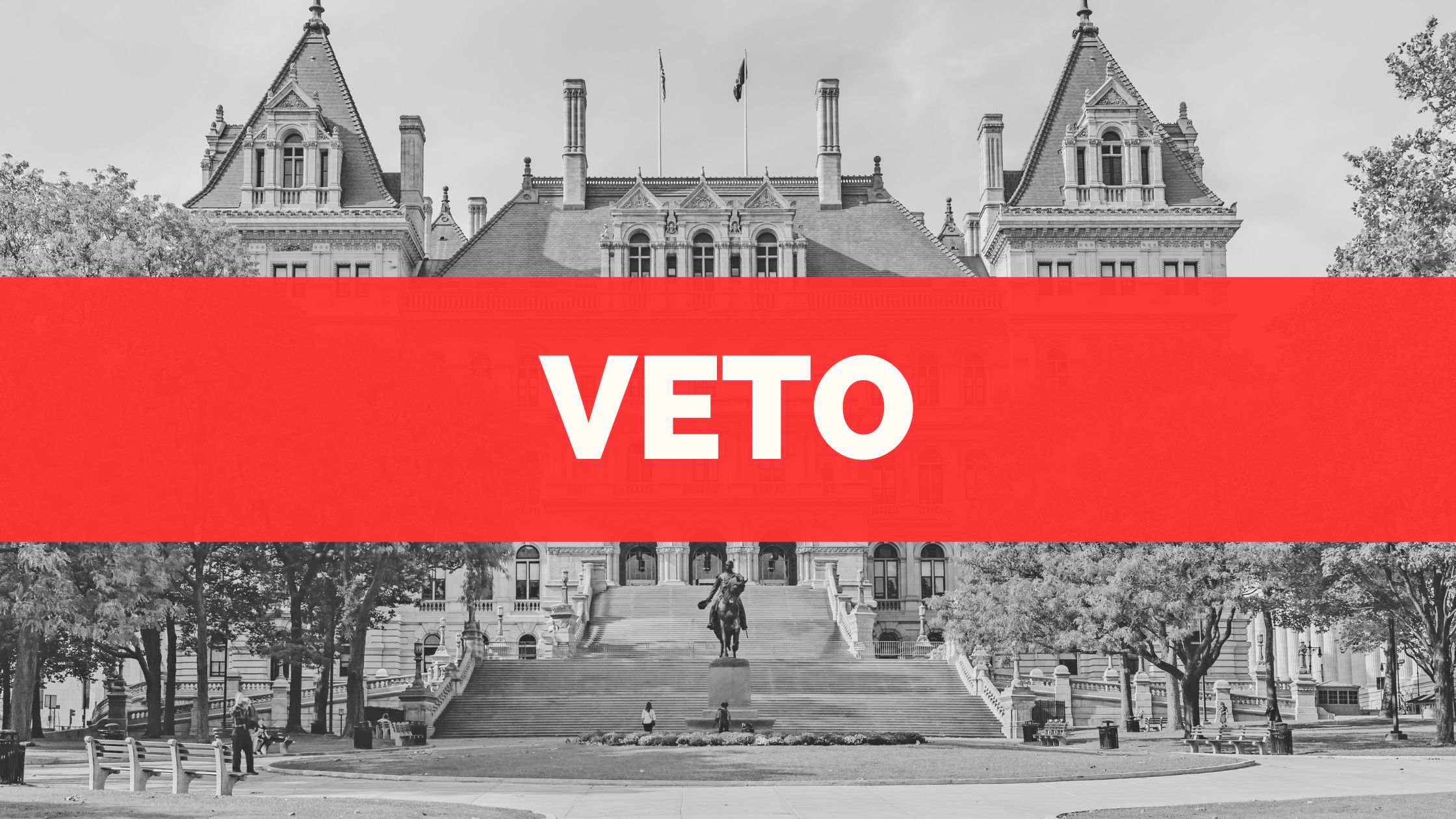Governor Hochul Vetoes Bill Aimed at Supporting New York Nonprofits: What This Means for Your Organization

Recently, Governor Kathy Hochul vetoed legislation that would have eased financial burdens for nonprofit organizations in New York State. The bill, widely supported by nonprofit leaders, aimed to streamline reimbursement processes for organizations contracted to provide critical services like healthcare, education, and housing. This decision leaves many nonprofits grappling with delayed payments and budget uncertainties, raising questions about their ability to serve communities effectively.
At Hedgeman Law Firm, we are committed to helping nonprofits navigate these challenges and ensure their legal and operational stability. Here’s what you need to know about the veto and its potential impact.
The Vetoed Legislation: A Missed Opportunity for Reform
The vetoed bill sought to address a key issue for nonprofits: delayed payments from the state. Currently, nonprofits often face significant delays in receiving reimbursement for services rendered under state contracts. These delays force many organizations to rely on loans or dip into reserves to cover payroll and operating costs—practices that are neither sustainable nor fair.
Had it been signed into law, the bill would have required timely payments from state agencies, enabling nonprofits to operate with greater financial security and predictability.
Governor Hochul’s Concerns
Governor Hochul’s veto message cited concerns about the bill’s implementation and potential budgetary impacts. She argued that while the state recognizes the critical role nonprofits play, the legislation did not adequately address how to ensure compliance from state agencies without creating further administrative burdens.
While these concerns may hold merit, the decision leaves nonprofits in a precarious position. Many organizations had pinned their hopes on the bill as a step toward systemic reform in how New York partners with the nonprofit sector.
Impact on Nonprofits
The veto means that:
- Payment Delays Will Continue: Nonprofits will still face delays in receiving reimbursement for state-contracted services, exacerbating cash flow challenges.
- Increased Financial Strain: Organizations may need to secure loans or cut back on services, which could impact their ability to meet community needs.
- Uncertainty for Future Advocacy: This veto underscores the ongoing challenges of advocating for meaningful policy changes that support the nonprofit sector.
What Nonprofits Can Do Now
While the veto is a setback, there are steps nonprofits can take to strengthen their resilience:
- Advocate for Policy Reform: Continue engaging with policymakers to push for improved funding mechanisms and timely payments. Collective advocacy is essential for long-term change.
- Enhance Financial Planning: Work with financial advisors to create contingency plans that account for payment delays. Diversifying revenue streams can also reduce reliance on state funding.
- Seek Legal Guidance: Navigating state contracts and compliance requirements can be complex. Consulting with experienced legal counsel, like Hedgeman Law, can help ensure your organization’s interests are protected.
- Collaborate with Other Nonprofits: Joining forces with other organizations can amplify advocacy efforts and share resources to address common challenges.
How Hedgeman Law Can Help
At Hedgeman Law Firm, we understand the unique legal and operational challenges facing nonprofits. From contract negotiation and compliance to advocacy support, our team is here to help your organization thrive despite the hurdles.
If your nonprofit is affected by the veto or you need assistance navigating state contracts, contact us today. Together, we can find solutions that enable your organization to continue making a difference.
Contact Hedgeman Law Firm at 518-752-3111 or visit our website to schedule a consultation.
